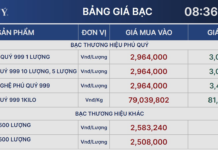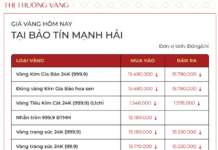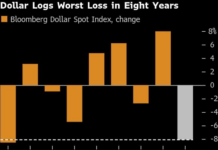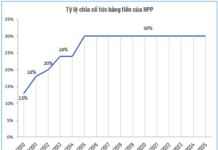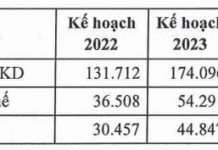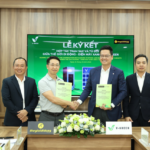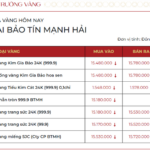The Ministry of Industry and Trade has released a comprehensive report, addressing feedback from various agencies and stakeholders on the draft Circular regulating electricity pricing. Previously, in the second draft, the ministry proposed two pricing schemes.
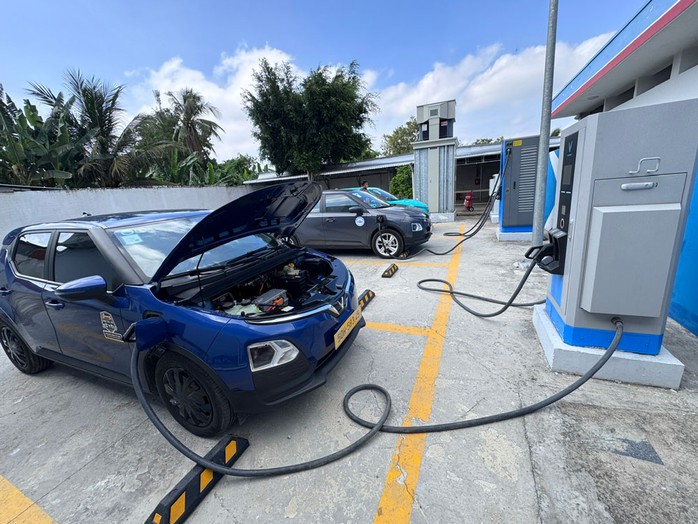
Proposal to exclude peak-hour pricing for charging stations
Scheme 1: Retail electricity rates for electric vehicle charging apply to buyers using electricity for charging stations or poles serving electric transportation vehicles, including electric buses, with separate metering. For households charging electric vehicles under residential contracts, residential rates apply to the entire measured consumption.
Scheme 2: Electric vehicle charging, including stations and poles for electric transportation vehicles (including electric buses), requires separate metering. For residential customers charging electric vehicles, the rate specified in point a, clause 3, Article 3 of the Circular applies; non-residential usage is billed at retail rates per purpose if separately metered. Without separate metering, the contract rate applies.
As of September 23, the Ministry reported that 10 entities and individuals chose Scheme 1 (including Hanoi, Ho Chi Minh City, and Central Power Corporations, and V-Green). Scheme 2 was preferred by 13 entities and individuals (including EVN and Northern and Southern Power Corporations).
V-Green Proposes Battery Swapping Regulations
V-Green, owned 90% by billionaire Pham Nhat Vuong and spun off from VinFast’s charging development division, opted for Scheme 1 with amendments: “Retail rates for electric vehicle charging (charging services) apply to buyers using electricity for stations, poles, and battery swapping stations serving electric transportation vehicles, including electric buses, with separate metering.
For household or individual charging or battery swapping (charging services) under residential contracts, utilities must install auxiliary meters upon request to measure charging usage separately. Charging services are billed at state-regulated rates; residential usage is billed at residential rates.”
V-Green also proposed excluding peak-hour pricing for electric vehicle charging, as the three-tier pricing (5 peak hours, 6 off-peak hours, 13 regular hours) discourages charging during peak times.
The Ministry of Industry and Trade responded that Scheme 2, which does not mandate separate metering for charging, was more popular and will be further proposed in the draft Circular. The ministry will also incorporate “battery swapping stations” into the draft.
V-Green by Billionaire Pham Nhat Vuong Aims to Install EV Charging Stations at PNJ Stores, Offices, and Factories
Following the successful partnerships with FPT Shop and Thế Giới Di Động, V-Green is now set to expand its electric charging station infrastructure in collaboration with PNJ.
Is Two-Tier Electricity Pricing Cost-Effective?
Implementing a two-part electricity pricing structure ensures accurate and comprehensive cost calculations, effectively eliminating cross-subsidies. However, it does not guarantee lower overall expenses.





